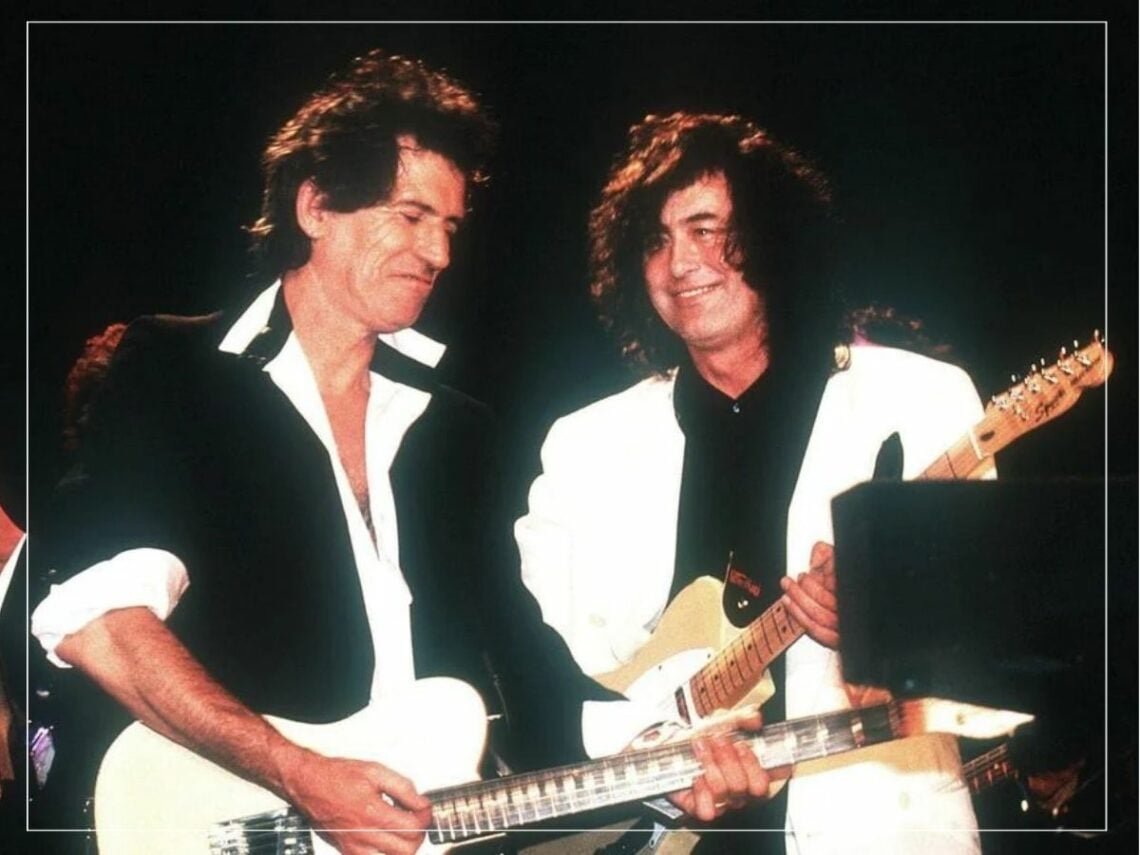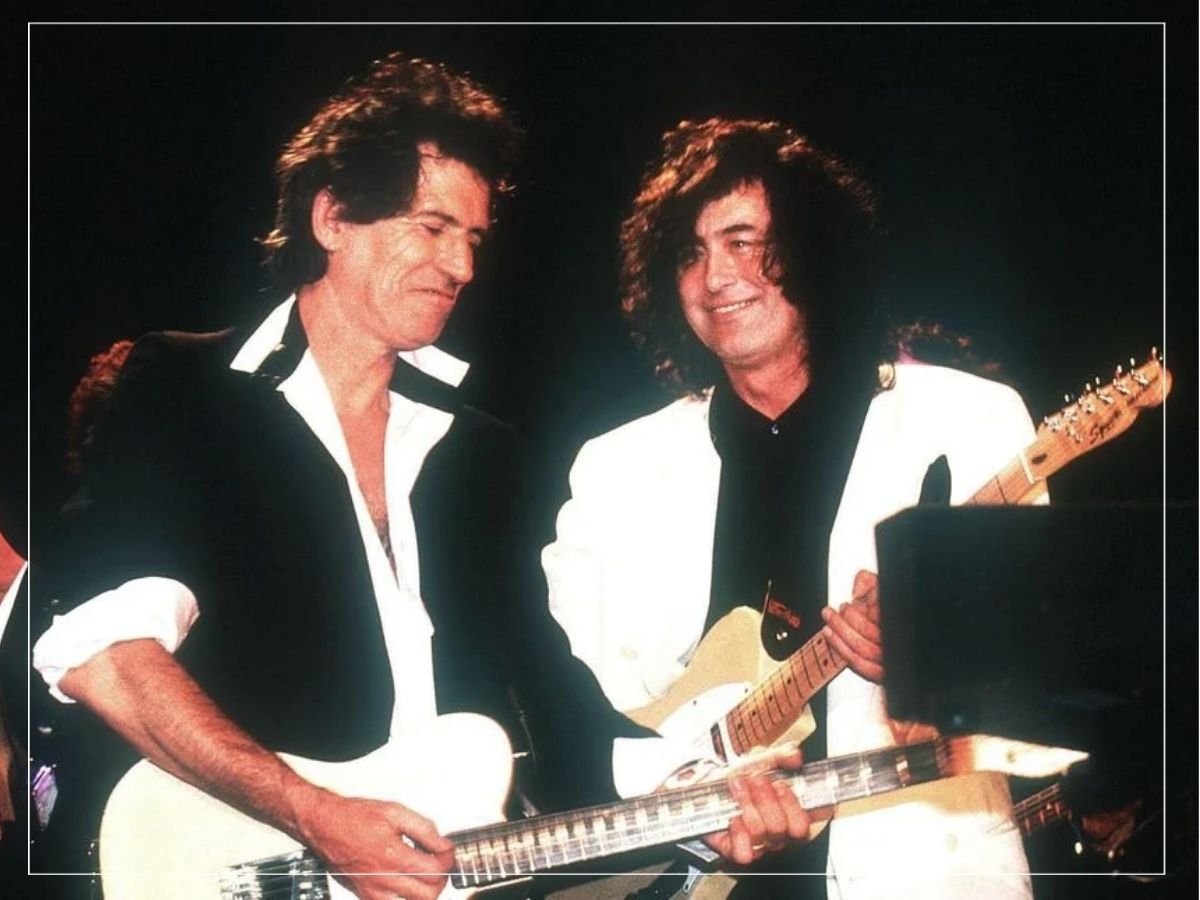
(Credit: Alamy)
Tue 30 September 2025 21:00, UK
Before you can form any conscious outlook on the world, it’s told to you that America is the ultimate land of opportunity.
Growing up in the West and feasting on whatever cultural trend washes in with the next swell, America seems to be the centre point. Be it film or music, it’s where small ideas are emboldened and delivered with big intent, to make stars of artists whose talents are otherwise hidden. It felt like a lesson taught to me pretty early on, as I flicked through whatever new Hollywood film was available to rent in Blockbuster and listened to my peers claim that our new favourite musician needed to “break America” if they were going to succeed.
But why? Well, sure, they know how to market art on a wide scale, but it’s more than just their glamorous distribution. Before America became a hotspot for fame and excess, it was carefully fostering an artistic legacy through its rich and at times troublesome history.
In the shadows of its dark history, built upon decades of racial tension that stemmed from slavery right up until even now, with its warped socio-political structures, jazz and blues rose through the cracks, providing musical solace to those oppressed by said structures. Work songs, spirituals, and field hollers sung by enslaved people developed into blues, where songs of pain combined innovative guitar playing with African vocal sensibilities.
This was ultimately the cornerstone upon which most of America’s 20th-century music was built, eventually developing into good old rock and roll in the latter stages of the century. Players like BB King, Muddy Waters and Robert Johnson all mastered this musical art form and provided a sonic education for an entire generation who would come through after, and reap all the rewards.
The Beatles, The Rolling Stones and Led Zeppelin were all the beneficiaries of this musical innovation, and all three bands were pretty quick to make that clear. The blues icons I previously mentioned were constantly on the tips of their tongues when it came to naming influences, particularly for Keith Richards and Jimmy Page, whose blues licks defined the sounds of their individual bands.
“I wanted to emulate music from America,” Page once explained about his style, before roping in Richards as a counterpart. “Young punks playing rock n’ roll is what it was. I read part of Keith Richards’ autobiography, and it was totally parallel with me, learning from American records.”
Page’s point was certainly rooted in truth, but Richard’s outlook was less flippant than just punks playing rock and roll. He was wholly devoted to the world of blues and all that preceded The Stones.
“I loved rock’n’roll but there’s got to be something behind the rock ’n’ roll,” he once said. Adding, “There had to be. We found, of course, that it was the blues. And, therefore, if you really want to learn the basics, then you’ve got to do some homework.”
Then, when he stumbled upon the works of Johnson, Waters and King, he knew he had found the kernel of what true rock and roll was, guiding him and The Stones forward into rock immortality.
Related Topics
The Far Out Led Zeppelin Newsletter
All the latest stories about Led Zeppelin from the independent voice of culture.
Straight to your inbox.

